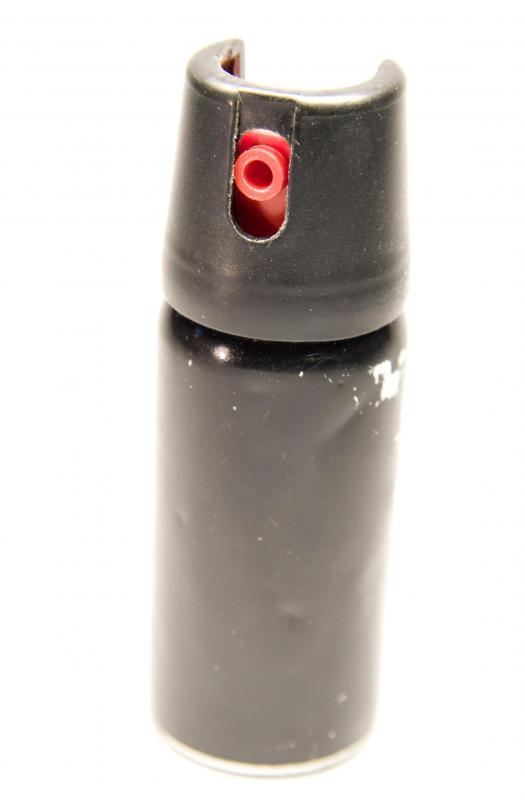At WiseGEEK, we're committed to delivering accurate, trustworthy information. Our expert-authored content is rigorously fact-checked and sourced from credible authorities. Discover how we uphold the highest standards in providing you with reliable knowledge.
What Is Involved in Law Enforcement Self-Defense?
Law enforcement self-defense usually involves a police officer or similar law enforcement agent who acts in a way that he or she believes to be in self-defense. This often involves the injury or death of another person who may have presented a threat to the law enforcement officer that made that officer feel in danger for his or her safety. In general, law enforcement officers must follow the same restrictions on self-defense as private citizens. This means that self-defense must come from a feeling that the officer is in danger of serious bodily injury or death and he or she must use only reasonable force.
The term “law enforcement self-defense” typically refers to actions by a law enforcement officer that he or she claims were in self-defense. This type of self-defense stems from a feeling of being threatened by another person, and the actions the officer takes must be appropriate to a given situation and the information the officer has. Someone simply yelling at a police officer or walking toward him or her may not be grounds for self-defense actions. If that person is yelling while holding a knife or gun, or charging quickly toward the officer, then the officer may be able to act in a way that could be considered law enforcement self-defense.

Law enforcement self-defense, like other forms of self-defense in most countries, must exhibit reasonable force for a particular situation. This includes the fact that the officer likely has extensive training in physical combat and the use of various weapons. It means that law enforcement self-defense claims must demonstrate that an officer acts in a way that is appropriate to the threat with which he or she is presented.
If someone was threatening a police officer with a knife, for example, then the use of a firearm on that individual could be considered excessive force. This is because the officer likely had other options available to him or her, including the use of pepper spray, a stun weapon, and other non-lethal responses. If other mitigating circumstances have made such responses impossible or unreasonable, however, then the use of lethal force can be determined appropriate. The definition of “reasonable force” can vary from situation to situation, and is defined by the judge or jury hearing a particular case of self-defense, rather than by the defendant claiming self-defense.
AS FEATURED ON:
AS FEATURED ON:











Discuss this Article
Post your comments